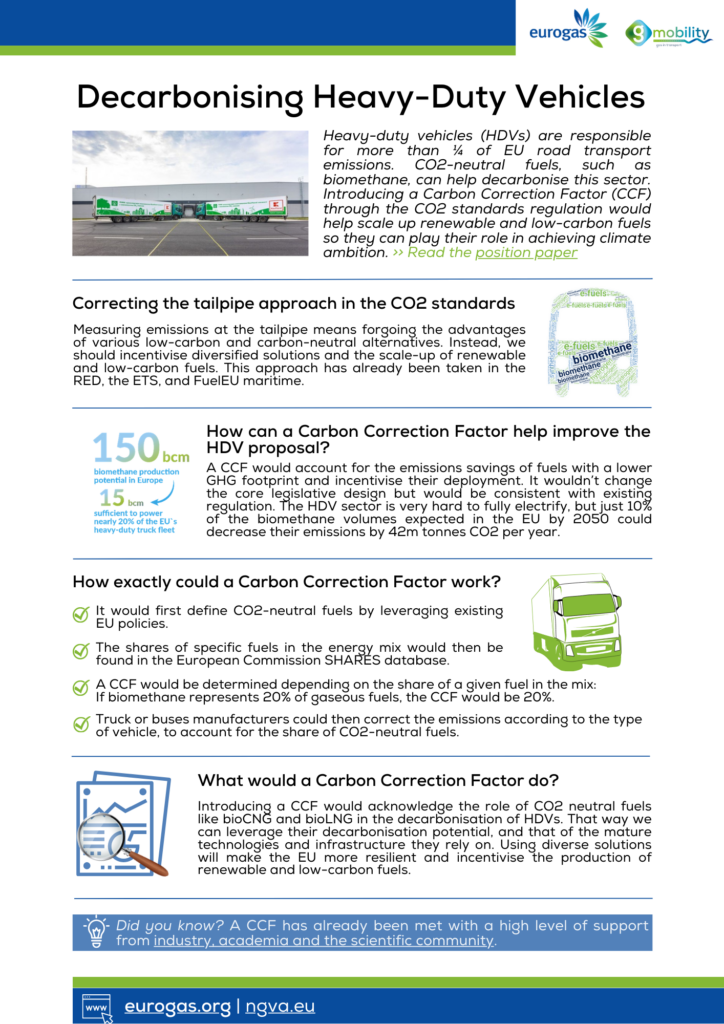Data and insights
Gas in transport
 While electricity will dominate commercial and passenger vehicles by 2050, gases will play a key role in sectors like maritime transport and heavy-duty vehicles. According to the French Environment Agency (ADEME), Bio-NGV transport reduces CO2 emissions by 80%, and Nox emissions by 50% compared to diesel.
While electricity will dominate commercial and passenger vehicles by 2050, gases will play a key role in sectors like maritime transport and heavy-duty vehicles. According to the French Environment Agency (ADEME), Bio-NGV transport reduces CO2 emissions by 80%, and Nox emissions by 50% compared to diesel.
Gas in maritime transport also offers a reduction of marine pollution. In fact, if global maritime transport completely switched to LNG, its GHG emissions would decrease by 15%. Reducing gas value chain emissions would see that number increase to 20% by 2030. Additionally, LNG would help bring maritime transport Sox to nearly zero, and Nox & PM would be reduced by >90%. Furthermore, blending just 20% bio-LNG would bring the emissions savings up to 34%. Molecules, like natural gas and increasing shares of biomethane, will play an important role in decarbonising the transport sector and continuing to get goods to their destinations.

